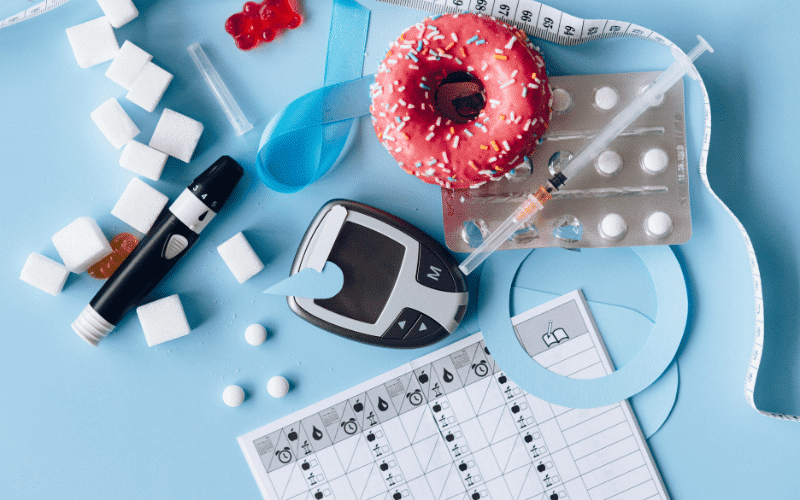FAQs: Common Questions About High Blood Sugar and Hyperglycemia Symptoms
1. What is the difference between high blood sugar and hyperglycemia?
High blood sugar and hyperglycemia are often used interchangeably to describe elevated blood glucose levels. High blood sugar refers to a temporary increase in blood glucose, while hyperglycemia typically implies a more chronic, sustained elevation of blood glucose levels above the normal range.
2. Can high blood sugar cause long-term complications?
Yes, consistently high blood sugar levels can lead to long-term complications affecting various organs and systems, including the cardiovascular, nervous, renal, and ocular systems. Proper blood sugar management is essential to prevent or delay the onset of these complications.

3. How can I tell if my blood sugar is high?
The best way to determine your blood sugar levels is through regular blood glucose monitoring, either with a home glucose meter or through regular lab tests. If you experience any of the symptoms mentioned in this article, it’s essential to check your blood sugar levels and consult a healthcare professional.
4. How can I lower my blood sugar levels?
There are several ways to lower blood sugar levels, including making dietary adjustments (reducing carbohydrate intake and choosing low-glycemic foods), increasing physical activity, adhering to prescribed medications, and maintaining a healthy weight. It’s crucial to consult a healthcare professional to develop a personalized blood sugar management plan.
5. Can stress cause high blood sugar?
Yes, stress can cause high blood sugar levels. Stress triggers the release of stress hormones such as cortisol, which can lead to an increase in blood glucose levels. Managing stress through relaxation techniques, exercise, and proper sleep can help maintain healthy blood sugar levels. (16)
Conclusion: Staying Vigilant and Taking Action
Recognizing the warning signs of high blood sugar is essential for managing and preventing hyperglycemia and its associated complications. By staying informed and proactive, you can protect your health and well-being. If you experience any of the symptoms discussed in this article, it’s crucial to monitor your blood sugar levels and consult a healthcare professional for guidance. Proper blood sugar management, a balanced diet, regular physical activity, and adherence to prescribed medications can help you maintain healthy blood glucose levels and reduce the risk of complications.